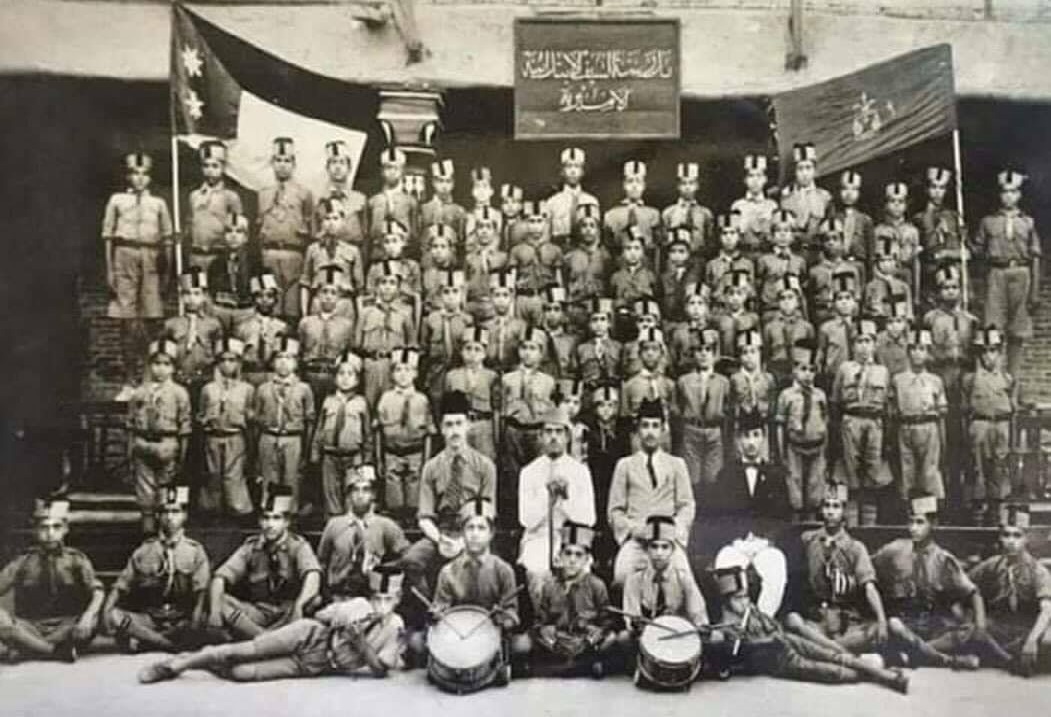After the secondary and vocational schools rose in number and the beginning of the development of the scientific environment in Iraq, as well as the necessity for building an educated base capable of meeting the needs of evolving society, the first civil secondary school was established in Baghdad in 1873 AD, which was integrated by a professional staff of teachers.
Despite the issuance of laws related to education affairs in the Ottoman Empire since 1869 AD, according to which a secondary school is established in cities whose houses reaches a thousand for Muslim and non-Muslim students alike. Those laws stated that there should be secondary education that follows primary education, namely an advanced stage of study, because it prepares students to join higher education institutions. However, these schools have not received support and encouragement by the state or by the people, because it cost financial burdens upon the state at a time when the Ottoman treasury was suffering a severe financial crisis due to its foreign wars, so it did not consider establishing such school in the first place. The reason behind the people’ reluctance to enroll in these schools, it is due to their belief that their education in Rashidi "primary" schools is sufficient enough to earn their livelihood and a career in government departments.
The launch of secondary education in the holy city of Karbala was delayed until 1931, at a time when a vocational school was founded in 1924.
As for the education department in Karbala Sanjak, the Baghdad State Knowledge Department established a council of knowledge in the Sanjak center during the late nineteenth century, headed by a senior government administration employee, often represented by the director of endowments. As for the members of the council, they are prominent local figures and religious scholars whose number ranges between one member to four members.
The mission of the Sanjak's council does not go beyond providing advice to government schools in the Sanjak, which were administratively linked to the Knowledge Department in the state.
Source:
Mawsueat Karbala Al-Hadharia "Karbala Civilizational Encyclopedia", Publication of Karbala Center for Studies and Research, the Historical Axis, [Vol. 5, P. 60-61].

